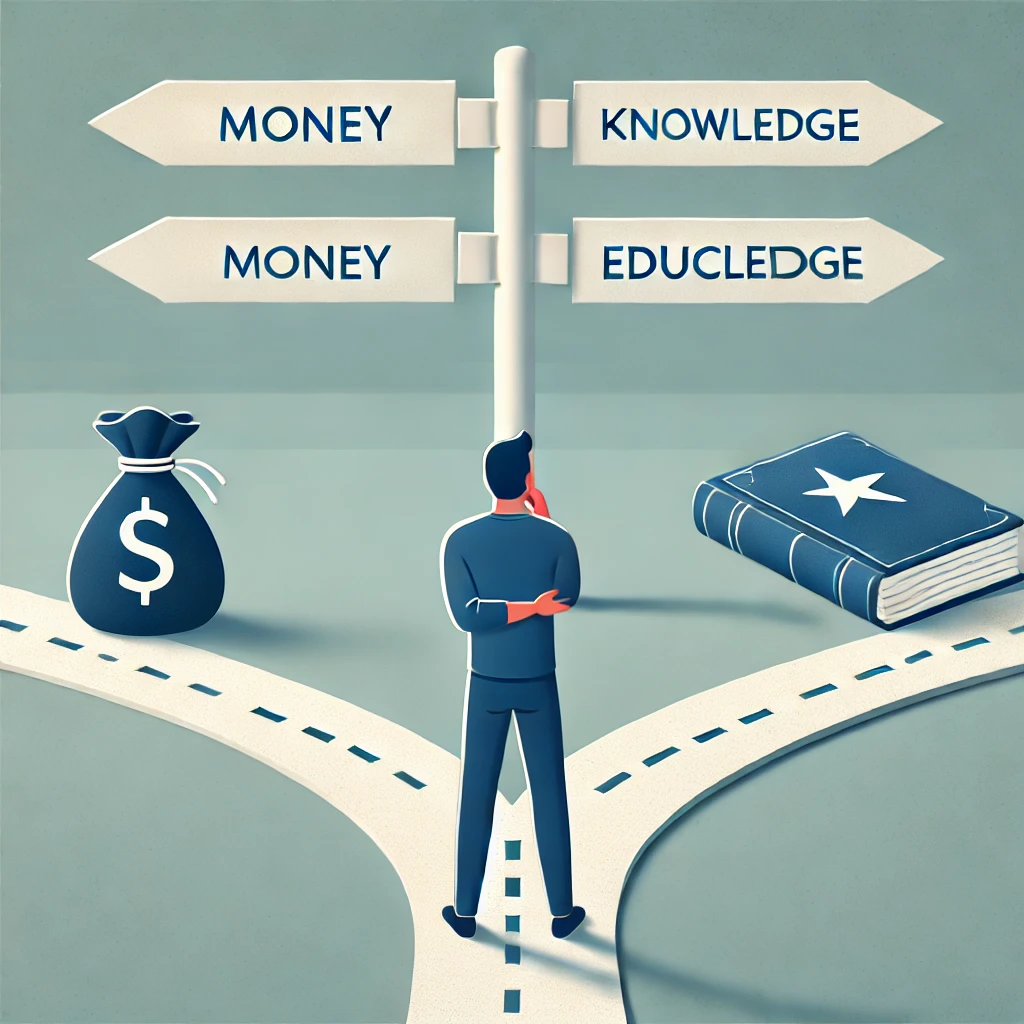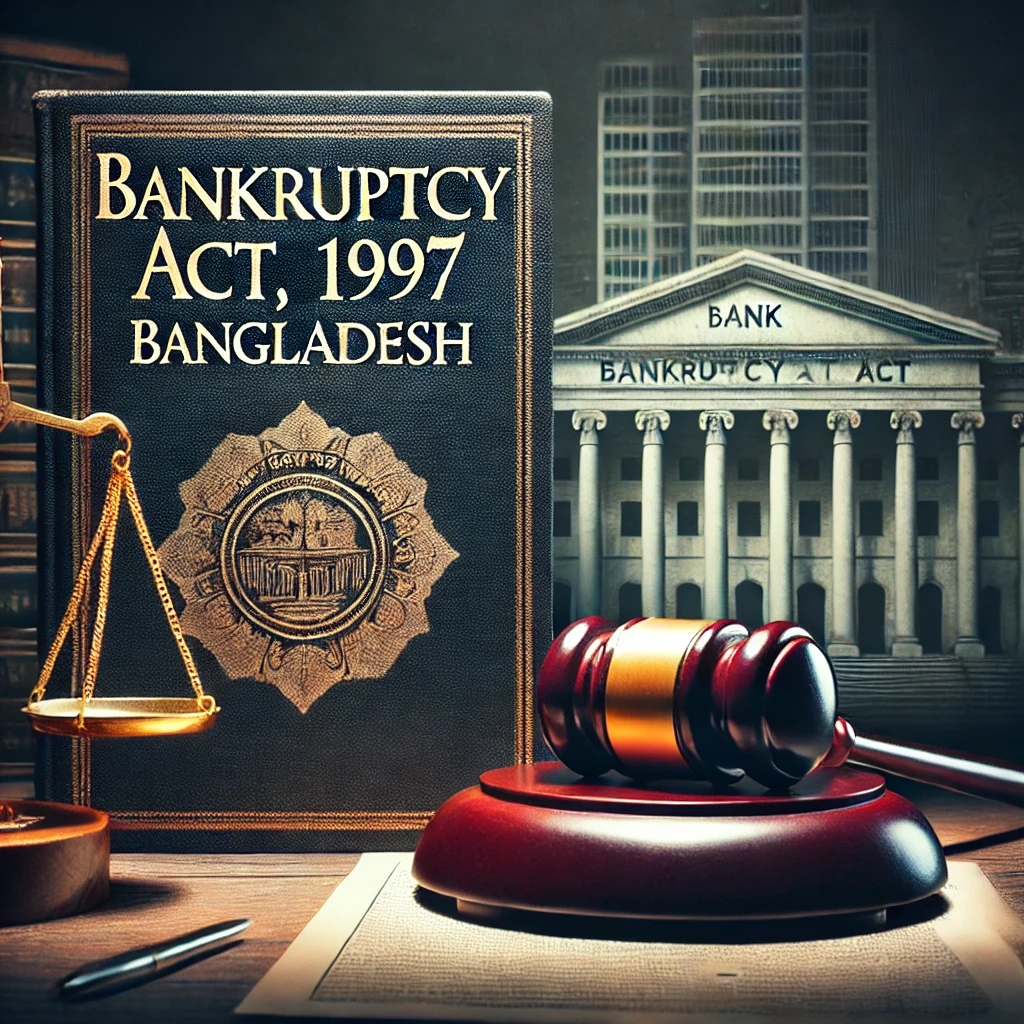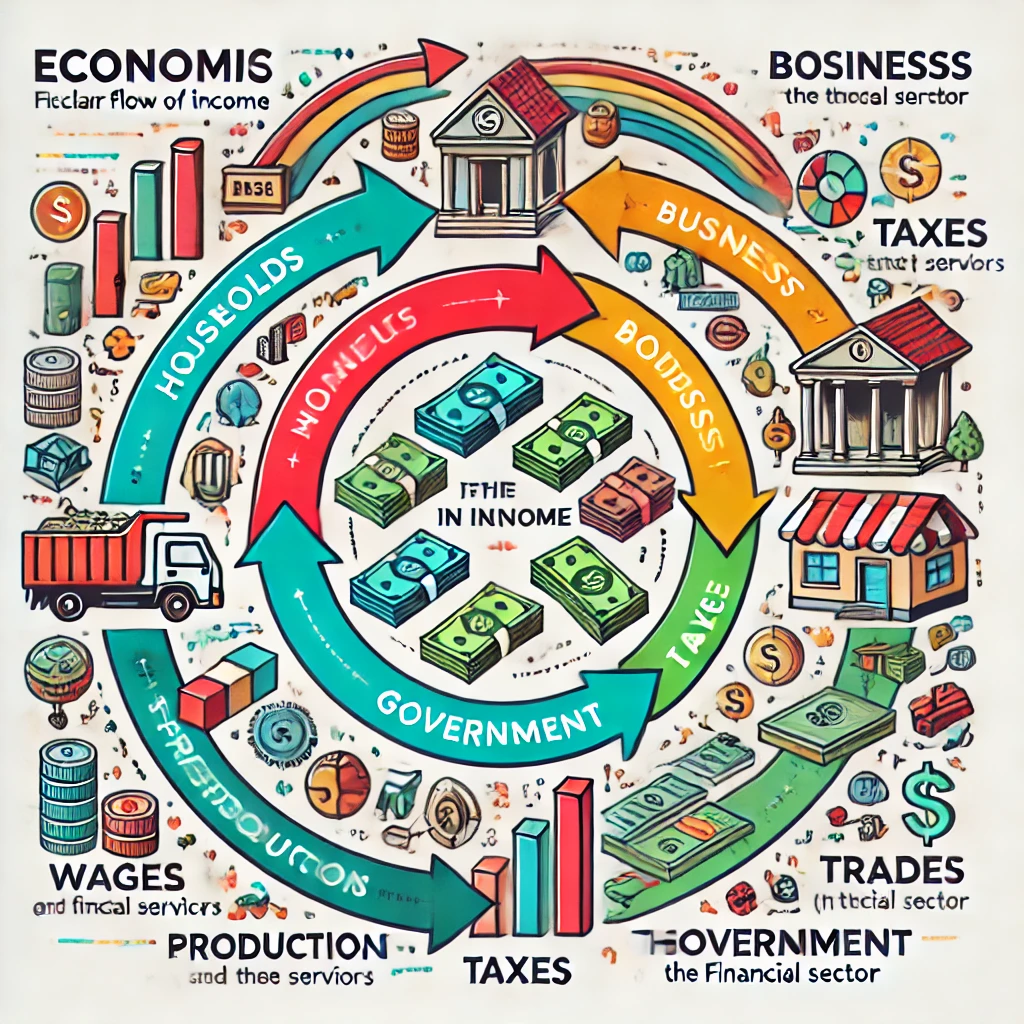Introduction
Opportunity cost is a fundamental concept in economics that helps individuals and businesses make better financial decisions.

It refers to the value of the next best alternative that is forgone when a choice is made. Understanding opportunity cost is essential for maximizing resources and making efficient economic choices.
What is Opportunity Cost?
Opportunity cost is the cost of what you give up when choosing one option over another. It applies to individuals, businesses, and governments in decision-making processes. Instead of focusing only on direct costs, opportunity cost considers the potential benefits lost from the alternative not chosen.
Examples of Opportunity Cost
- Personal Finance: If you spend $500 on a new smartphone, the opportunity cost might be the savings or investment returns you could have gained by putting that money in a bank.
- Business Decisions: A company that invests in new machinery may have to forgo hiring additional staff. The opportunity cost here is the potential increase in productivity that more employees could have provided.
- Government Spending: If the government allocates a budget to building roads, it might have to reduce spending on education or healthcare. The opportunity cost is the improvement in education or healthcare that could have been achieved.
Why is Opportunity Cost Important?
- Better Decision-Making: Helps individuals and organizations evaluate choices and make informed decisions.
- Resource Optimization: Encourages efficient use of limited resources.
- Economic Growth: Helps businesses and governments allocate resources in ways that promote overall growth and stability.
How to Calculate Opportunity Cost
Opportunity cost can be calculated using the following formula:
Opportunity Cost = Return on Best Foregone Option – Return on Chosen Option
For example, if investing in stock A gives a 10% return, but investing in stock B (the next best alternative) could have given a 12% return, the opportunity cost is 2%.
Conclusion
Understanding opportunity cost is crucial for making smart financial and economic decisions. Whether you are an individual managing personal finances, a business making investment choices, or a government allocating resources, considering opportunity cost can lead to more efficient and beneficial outcomes.




